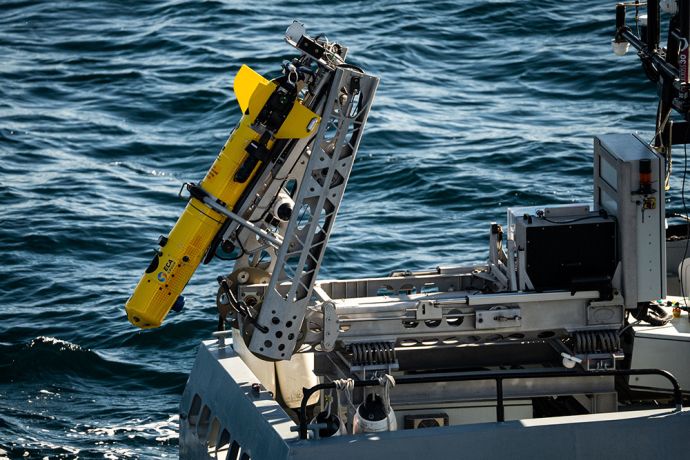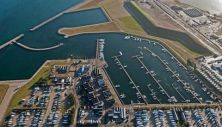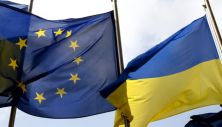The North Atlantic Alliance is developing technologies that can detect suspicious activities near underwater objects of critical infrastructure in member countries in real-time, fearing a repeat of last year’s events surrounding the ‘Nord Stream.’
This information comes from Bloomberg, The Gaze reported.
According to the publication, fourteen Alliance members, along with Sweden, are currently testing maritime drones, sensors, and artificial intelligence during a 12-day exercise off the coast of Portugal, expected to conclude this Friday.
The exercises are taking place in light of reports indicating that Russia continues to mark and survey underwater cables and pipelines, possibly for its future interests.
The primary objective of these exercises is to ‘detect malicious behavior around underwater infrastructure’ and relay this information to governments and private operators.
It is expected that real-time monitoring of underwater critical objects will enable the Alliance to promptly send a ‘deterrence signal’ to the enemy when necessary and allow the 31-member countries to consider diplomatic or military response actions based on a ‘strong information foundation.’
Concerns among allies have been on the rise in recent months as Russian spy ships have increasingly operated near the underwater systems of Alliance members.
In May 2023, NATO announced Moscow’s likely plans to target critical infrastructure in Europe and North America to gain leverage over countries aiding Ukraine in defending against Russian aggression.
According to NATO, daily financial operations totaling around $10 trillion USD are conducted through underwater cables, accounting for approximately 95% of global internet traffic. Additionally, two-thirds of the world’s oil and gas are either extracted from the sea or transported by it.
It is worth noting that in September of last year, an explosion occurred on the ‘Nord Stream II’ gas pipeline. British intelligence stated that the Russian Federation was directly involved in the explosions, while the Kremlin denied all accusations. Germany continues to conduct its own investigation into last year’s explosion.













